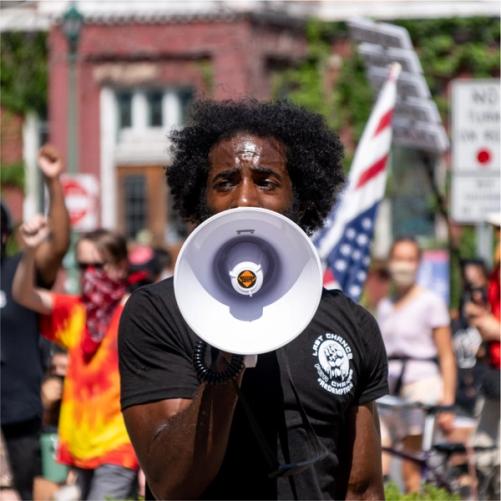Whistleblowing Procedures
SAIH should be a safe organization where individual integrity and boundaries are respected. If you experience serious issues or behavior that contradicts our guidelines, you have a duty to report it. This way, we can combat discrimination, sexual harassment, boundary violations, and misconduct.
What is an alert?
An alert is to report matters of concern. An alert helps us detect suspicions of serious matters. In case of suspicion or doubt about criminal activity, the police should be contacted.
Matters such as dissatisfaction with salary conditions, cooperation issues, or professional disagreements should not be channeled through this reporting channel but should be reported to the immediate supervisor or the Union (SAIH employees' union). If employees violate SAIH's ethical guidelines, this will be addressed by SAIH`s director in accordance with SAIH's personnel policies and labor laws.
Who can alert?
Everyone has the right to alert, including activists, representatives, employees, as well as members and visitors. Representatives and employees are obligated to alert if they witness or experience concerning issues within the organization. Activists in local chapters are required to alert SAIH centrally if they receive an alert about a violation of the ethical guidelines.
When can you alert?
You always have the opportunity to alert. If you hear rumors, are concerned, or in doubt, you should speak up so that the situation can be clarified. There is a low threshold for alerting, and all inquiries are taken seriously.
Examples of objectionable conditions include:
- Violation of guidelines.
- Legal violations.
- Bullying, sexual harassment, and abuse.
- Discrimination and racism.
- Financial misconduct and corruption.
How can you alert?
You can always alert your immediate supervisor or representative, or others in the organization you trust. You can also alert SAIH`s director, chairman of the board, safety representative, and members of the alerting committee. You can alert verbally or in writing. Verbal alerts can occur in a meeting or over the phone. Written alerts can be sent via email or letter.
The person alerting will receive initial feedback no later than seven days after the alert is received. When the case is concluded, written feedback will be provided to the alerter.
Alerting can be done anonymously, but it is desirable for you to disclose your identity so that the case can be investigated as thoroughly as possible. Transparency ensures a better process and better outcomes for all parties involved. Anonymous alerts can be submitted by sending a letter and not using electronic alerting channels.
The person alerting is encouraged to provide information about:
- What the alert is about, where and when it occurred, and who is involved.
- Contact information.
- Whether others are informed about the matter, and if so, who.
- Suggestions for measures and considerations that should be taken into account.
Follow-up on alerts
The board appoints a whistleblowing committee annually, with the SAIH director sitting on the committee and having overall responsibility for the process. In addition to the director, the whistleblowing committee shall consist of a vice president in SAIH, a selected representative from the staff, and a representative from the control committee.
The alert is received and handled by the whistleblowing committee, which decides how the case should be followed up, what information should be gathered, whether anything objectionable has occurred, and, if applicable, what reaction should be taken.
All alerts are treated strictly confidentially and by as few people as possible. If the alert involves the director or other members of the alerting committee, the involved party will be excluded from the case processing.
SAIH's handling of alerts is a matter of trust and not guilt. Guilt issues are determined by the police and the courts. Otherwise, reference is made to SAIH's articles of association and ethical guidelines.
Contact the whistleblowing committee




